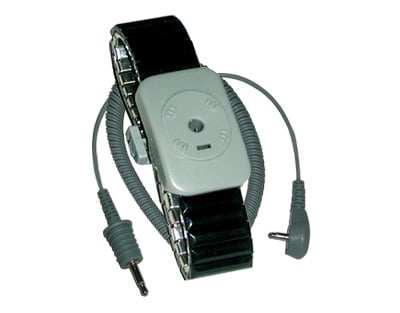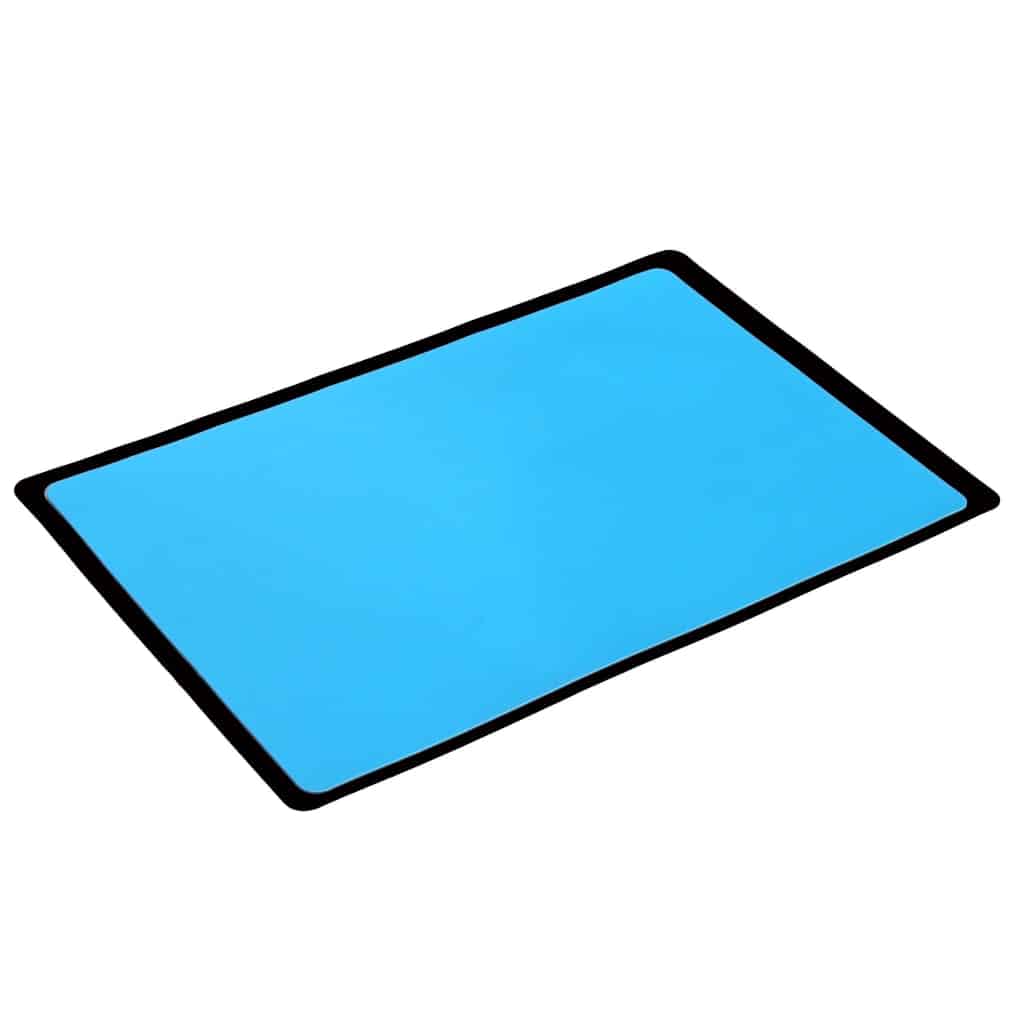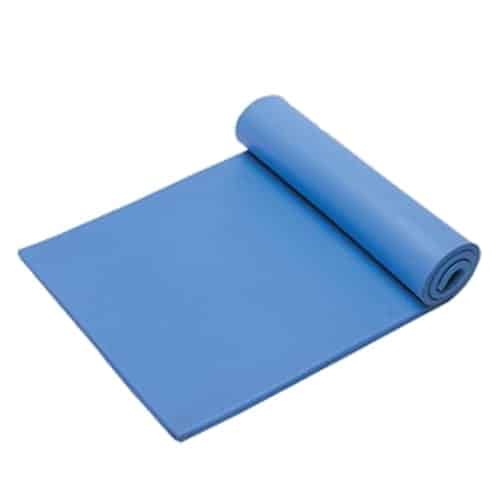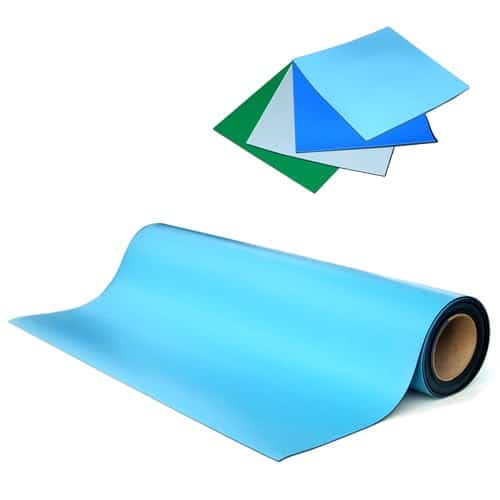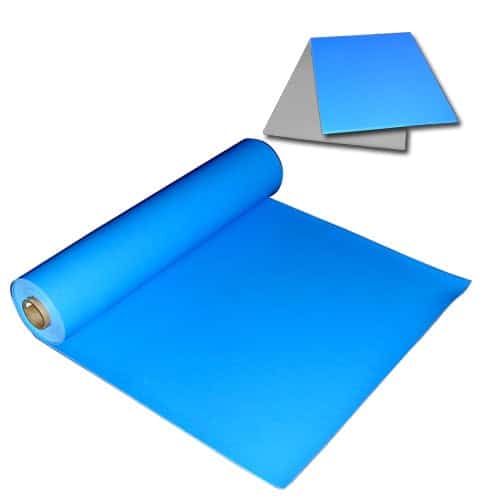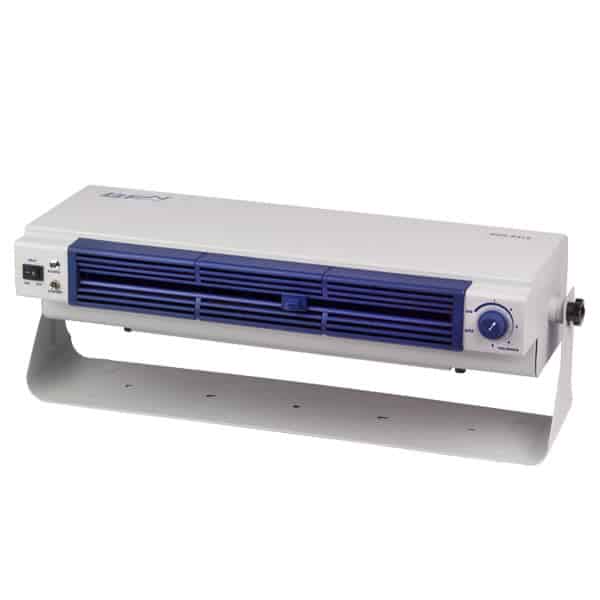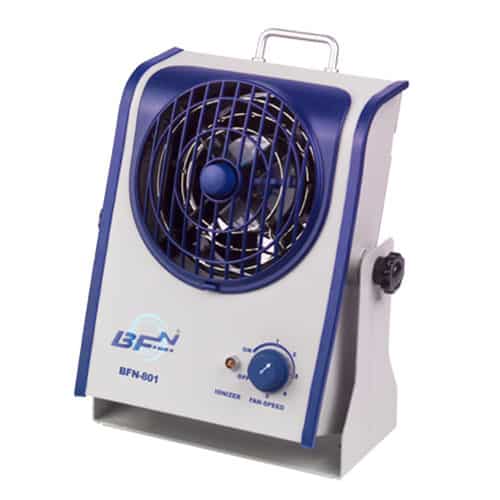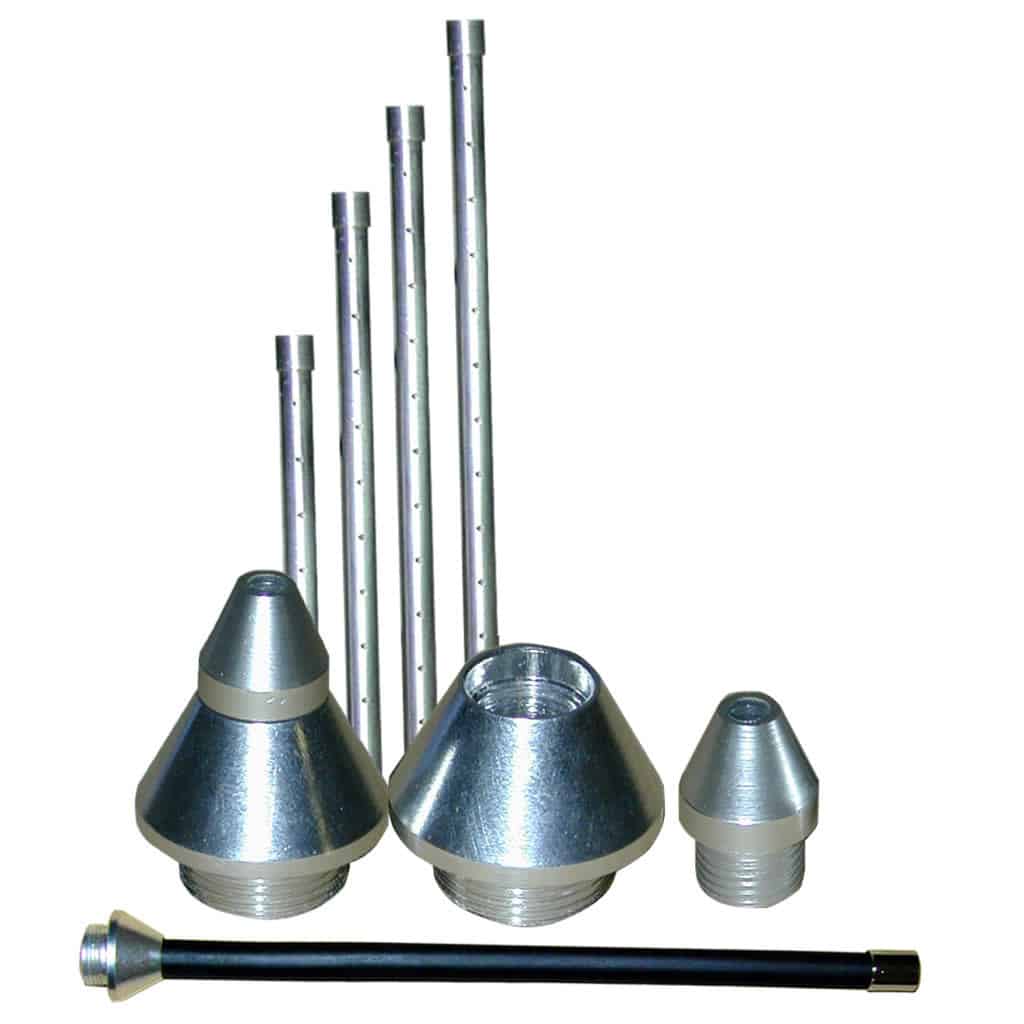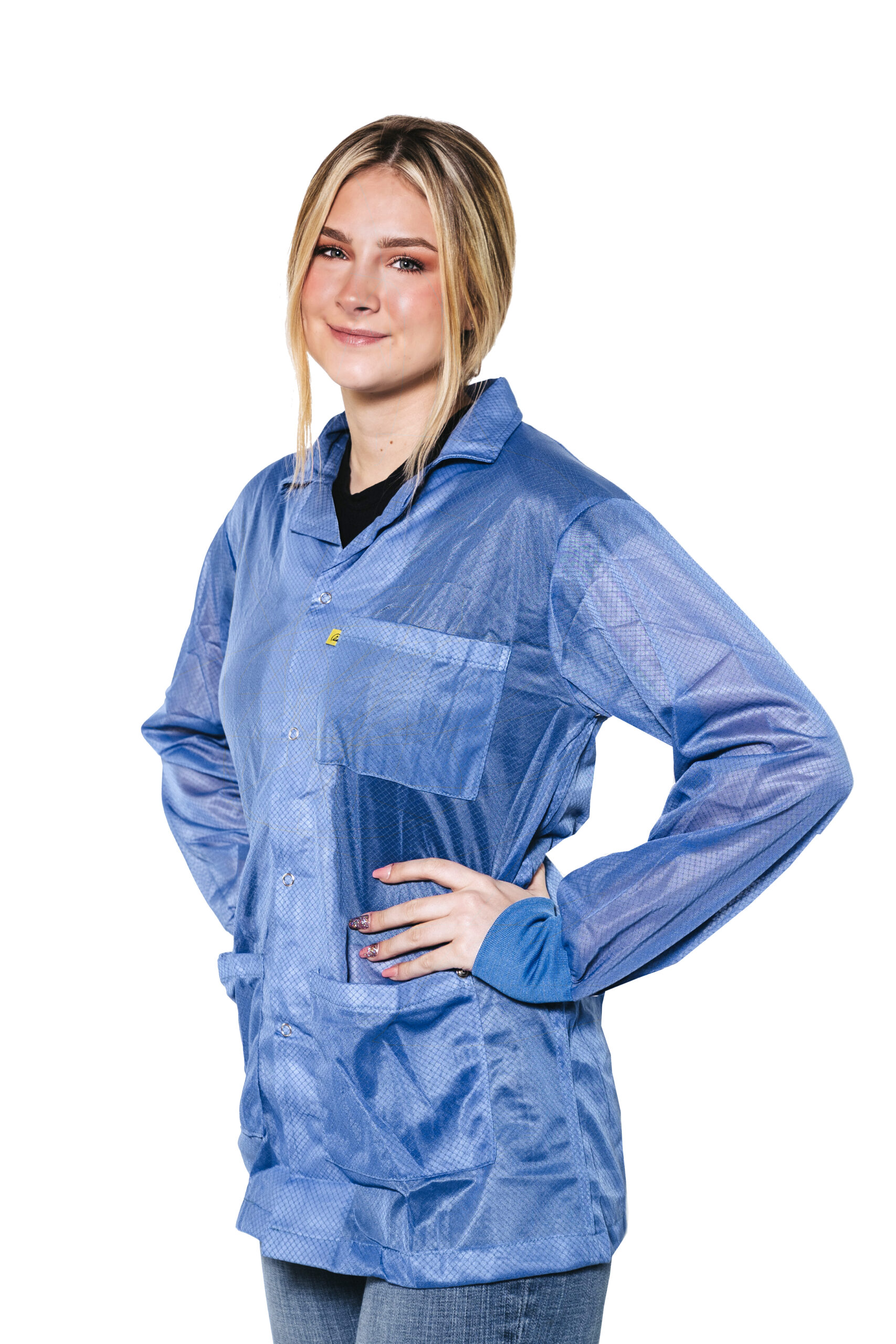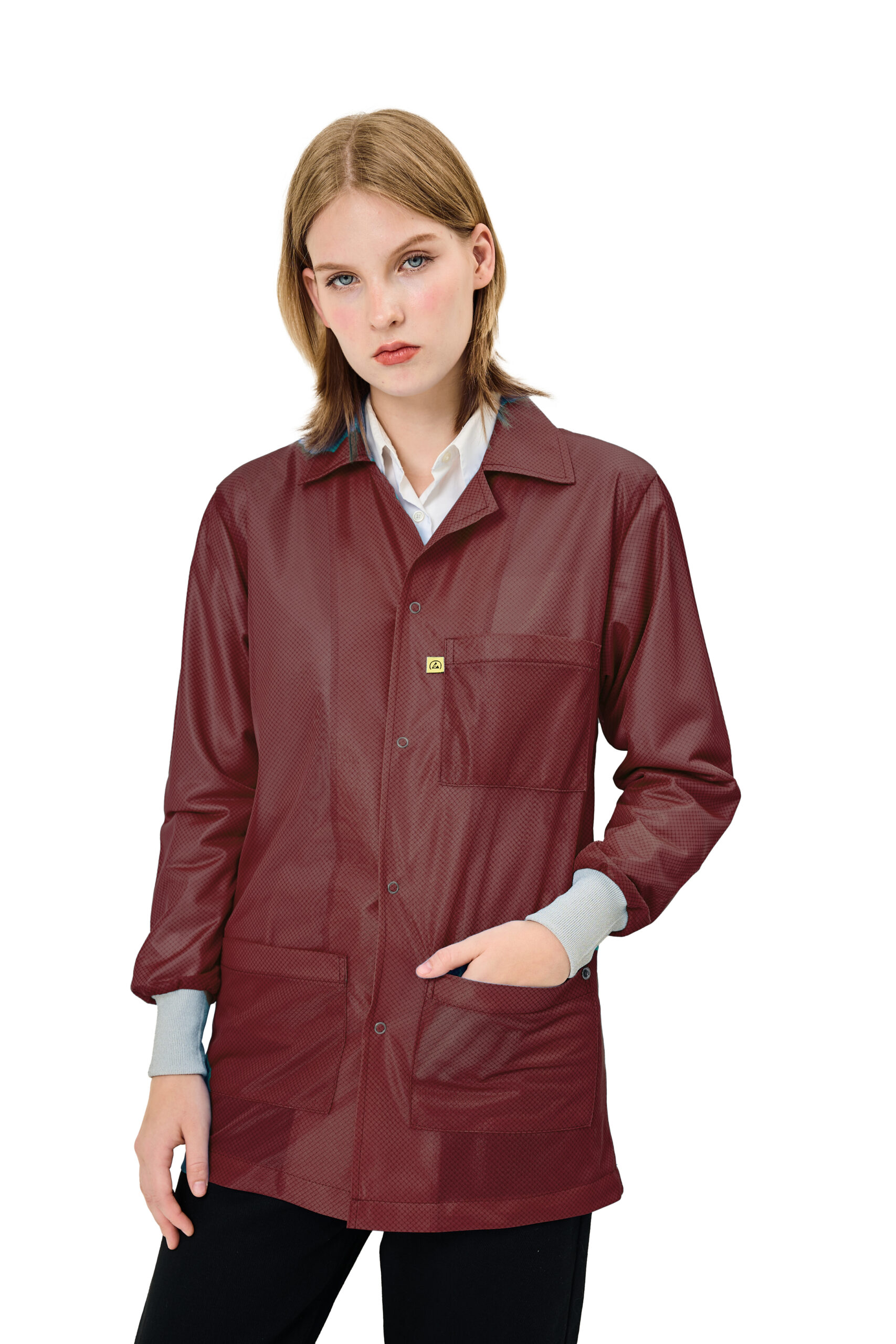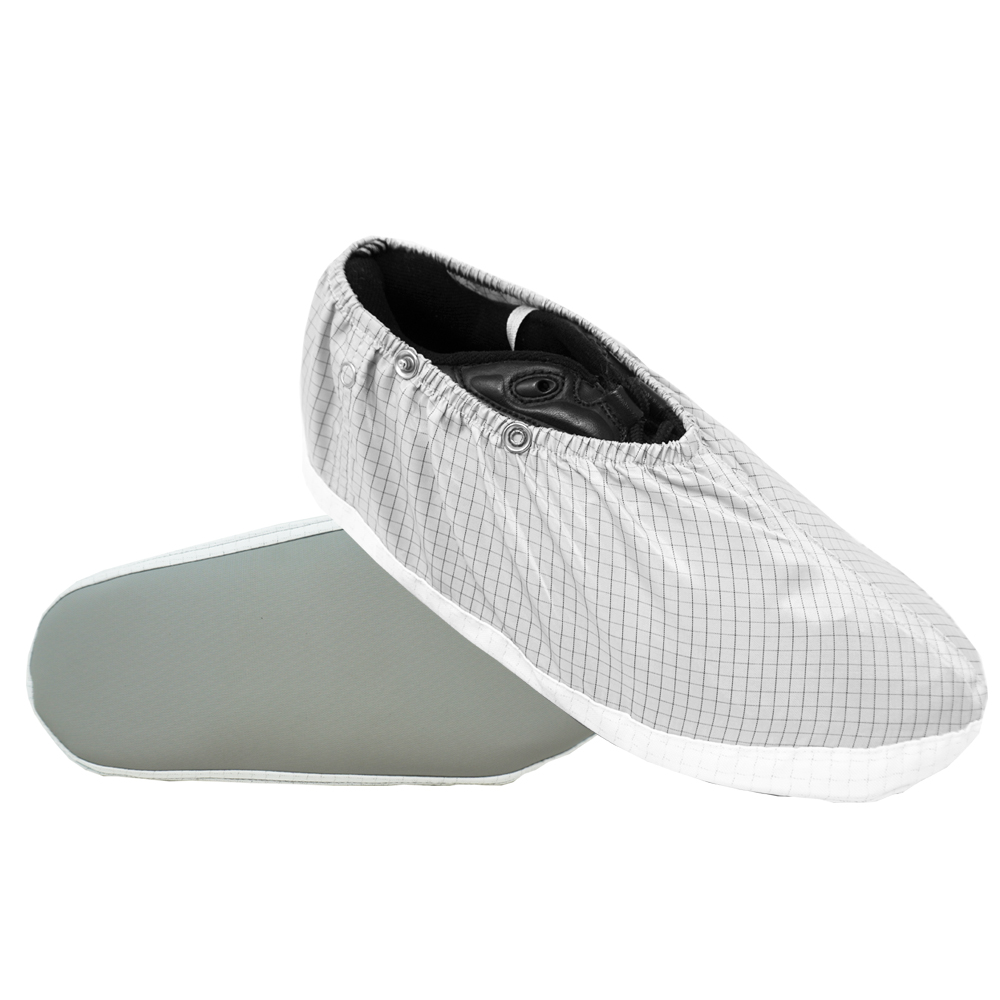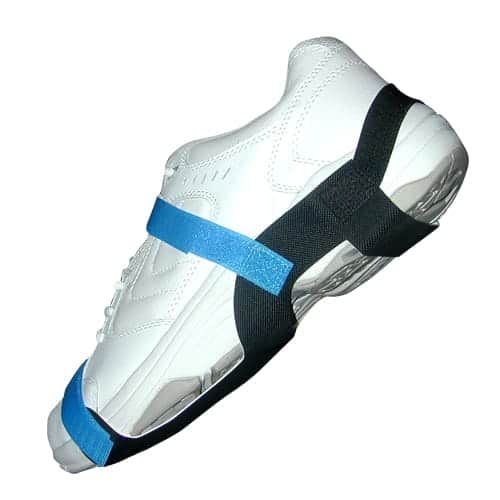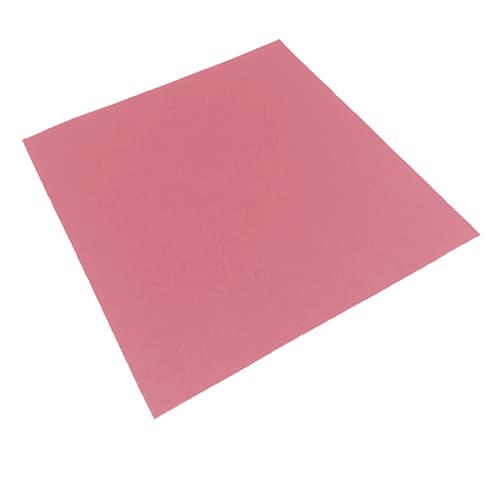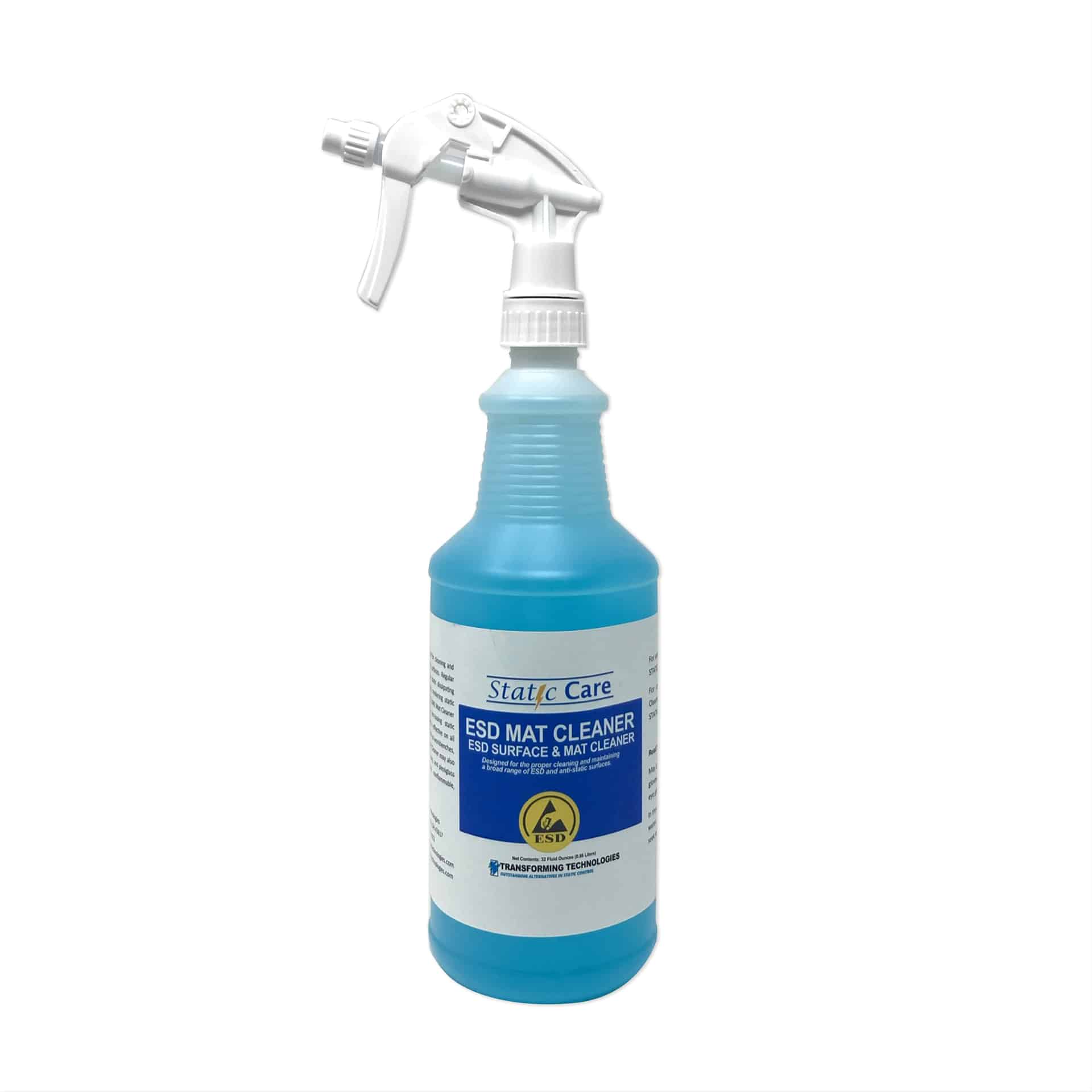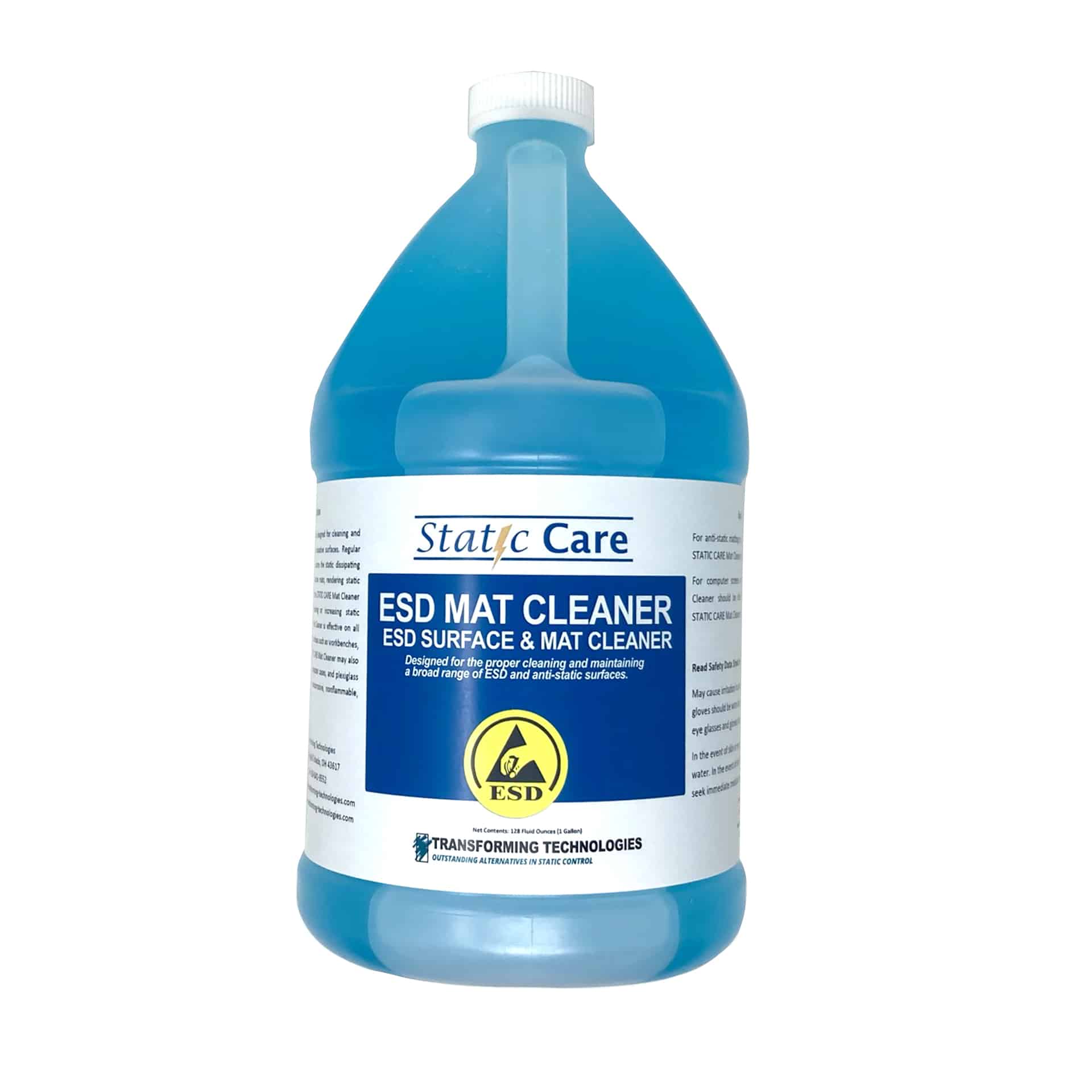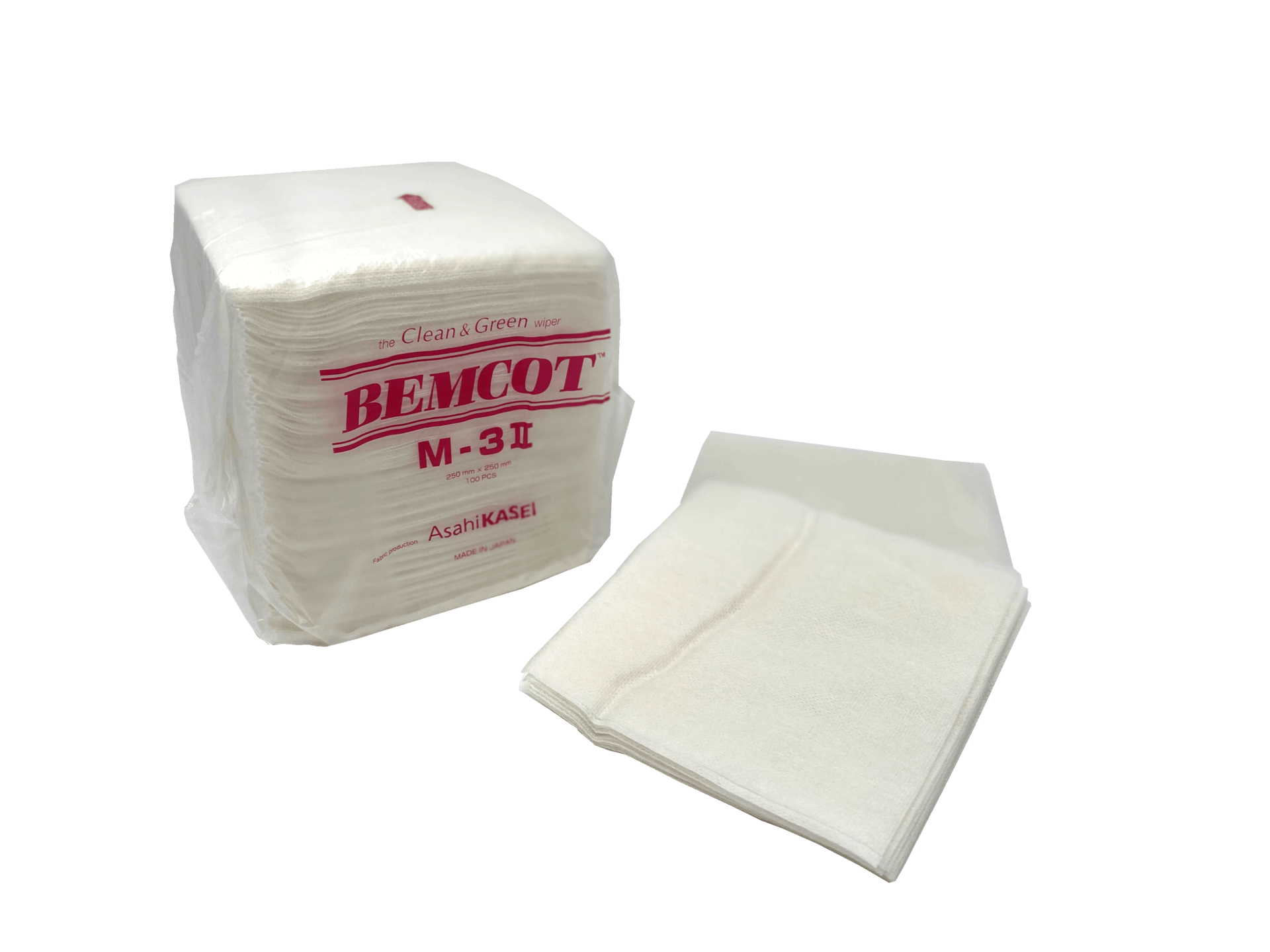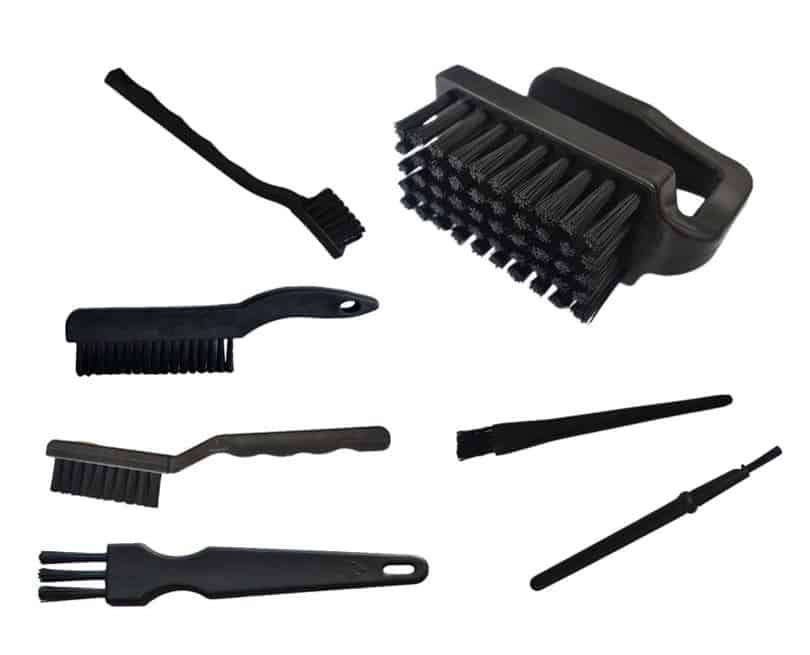Electronics
ESD products are critically important in the electronics industry because they protect sensitive electronic components from damage caused by static electricity. Many electronic components are highly sensitive to static discharge. ESD damage may be catastrophic (immediate failure) or latent (fails later in the field). Latent damage caused by ESD can lead to product failures after shipment, which is extremely costly in terms of reputation and warranty claims. Replacing damaged parts, reworking boards, or scrapping entire assemblies can be expensive. Manufacturing lines without proper ESD control risk high yield loss. There are many standards to maintain compliance with industry standards. Our products fall in line with the standards set by ANSI/ESD S20.20. The products are qualified and verified within these parameters set to ensure customers will pass any ESD audit.
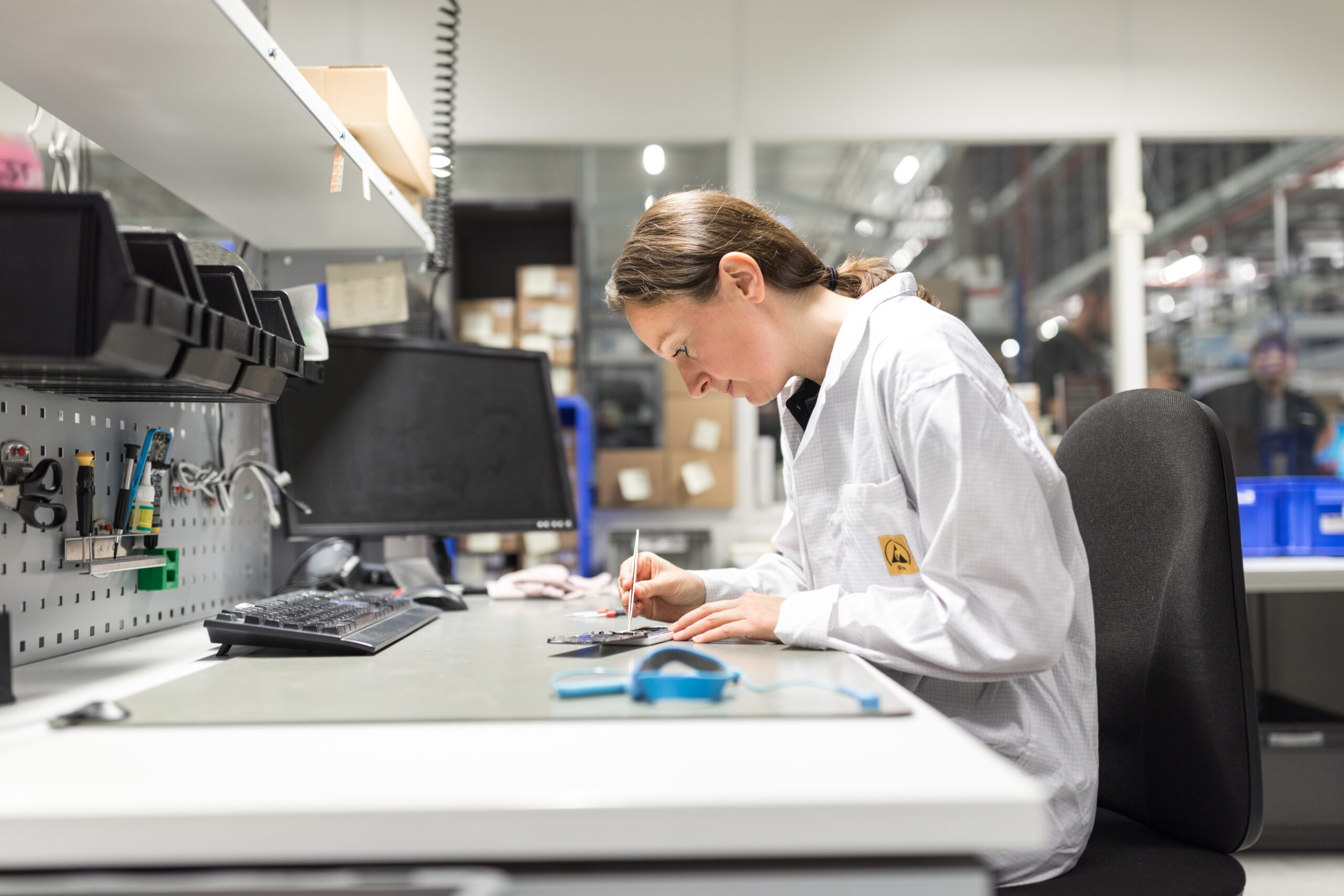
The electronics industry uses a range of anti-static products to manage and control static electricity. Some of the most common anti-static products include:
Anti-static Wrist Straps
These straps are worn by personnel to safely discharge any static charge they may have accumulated. The wrist straps are grounded, ensuring that any potential static charge is safely dissipated before handling sensitive materials or instruments.
Anti-Static Mats
Anti-static mats are placed on workbenches and surfaces where sensitive equipment or experiments are conducted. These mats help to dissipate static charges and protect equipment, particularly electronic devices, from electrostatic discharge. They also prevent dust or particulate matter from accumulating on samples.
Ionizers
These devices are used to neutralize static charges in the air or on surfaces by emitting positive and negative ions. Ionizers are especially important in cleanrooms or environments where controlling the buildup of static electricity is critical to the success of experiments and research.
Anti-static Gloves and Clothing
Personnel often wear anti-static gloves, smocks, and coats to prevent static buildup on their bodies, especially when handling sensitive materials, chemicals, or laboratory equipment. These garments are designed to minimize the risk of ESD by ensuring that static charges are safely discharged.
Heel Grounders
Where static control is essential, personnel may wear ESD heel grounders or shoe covers to prevent the buildup of static charge on the floor. These products help ground any static charge that may accumulate on the body during movement around the lab.
ESD Wipes
These wipes are used for cleaning surfaces in controlled environments like laboratories, ensuring that dust or particles, which can attract static charges, are removed. They are designed to be low-lint and anti-static, making them suitable for use with delicate instruments and samples.
ESD Brushes and Bottles
Used to clean sensitive equipment and instruments without generating static. These brushes have conductive bristles that help prevent static buildup during cleaning, making them ideal for use on delicate electronics and laboratory instruments.
Have more questions? Reach out to us and we will be happy to assist!




